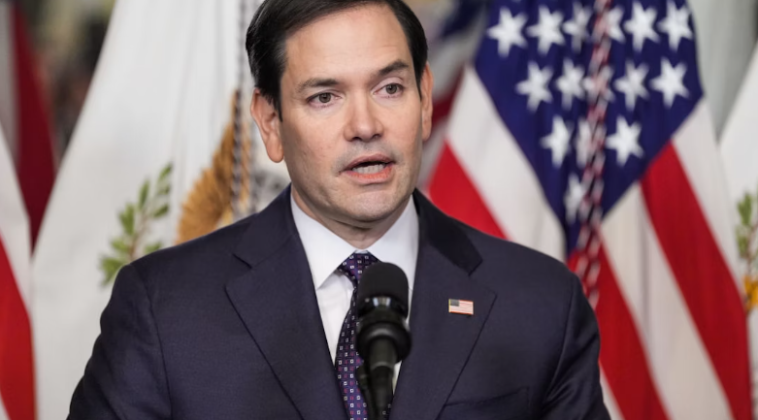In a recent opinion piece for The Wall Street Journal, Secretary of State Marco Rubio outlined the Trump administration’s renewed focus on strengthening relationships within the Western Hemisphere. Emphasizing an “America First” approach, Rubio highlighted the importance of addressing regional challenges and opportunities that have been previously overlooked.
Key Points from Rubio’s Statement:
- Prioritizing Regional Issues: Rubio noted that past U.S. foreign policy often concentrated on distant regions, neglecting neighboring countries. He stated, “For many reasons, U.S. foreign policy has long focused on other regions while overlooking our own. As a result, we’ve let problems fester, missed opportunities and neglected partners. That ends now.”
- Upcoming Diplomatic Mission: Announcing his first official trip as Secretary of State, Rubio will visit El Salvador, Guatemala, Costa Rica, Panama, and the Dominican Republic. The mission aims to strengthen trade ties, manage migration, and enhance regional security.
- Economic Collaboration: Highlighting the potential for mutual economic growth, Rubio advocated for relocating critical supply chains to the Western Hemisphere. He emphasized that such moves would bolster economic security for the U.S. and its neighbors, reducing dependence on distant supply chains.
- Addressing External Influences: Rubio expressed concerns about external actors, particularly the Chinese Communist Party, exerting influence in the region. He cited activities at strategic locations like the Panama Canal as areas where foreign involvement could challenge U.S. interests.
- Shared Regional Challenges: The Secretary underscored common threats, including mass migration and drug cartels, which are exacerbated by regimes in Cuba, Nicaragua, and Venezuela. He emphasized the need for collaborative efforts to tackle these issues.
Rubio concluded with optimism about the potential for strengthened partnerships, stating, “The threats Mr. Trump was elected to stop are threats to the nations of our hemisphere as well. We share a common home. The safer, stronger and more prosperous that home becomes, the more all our nations stand to benefit. Together, there are few limits to what we can accomplish.”
This strategic shift signifies the administration’s commitment to addressing challenges and leveraging opportunities within the Americas, reinforcing the “America First” doctrine by focusing on regional stability and prosperity.


